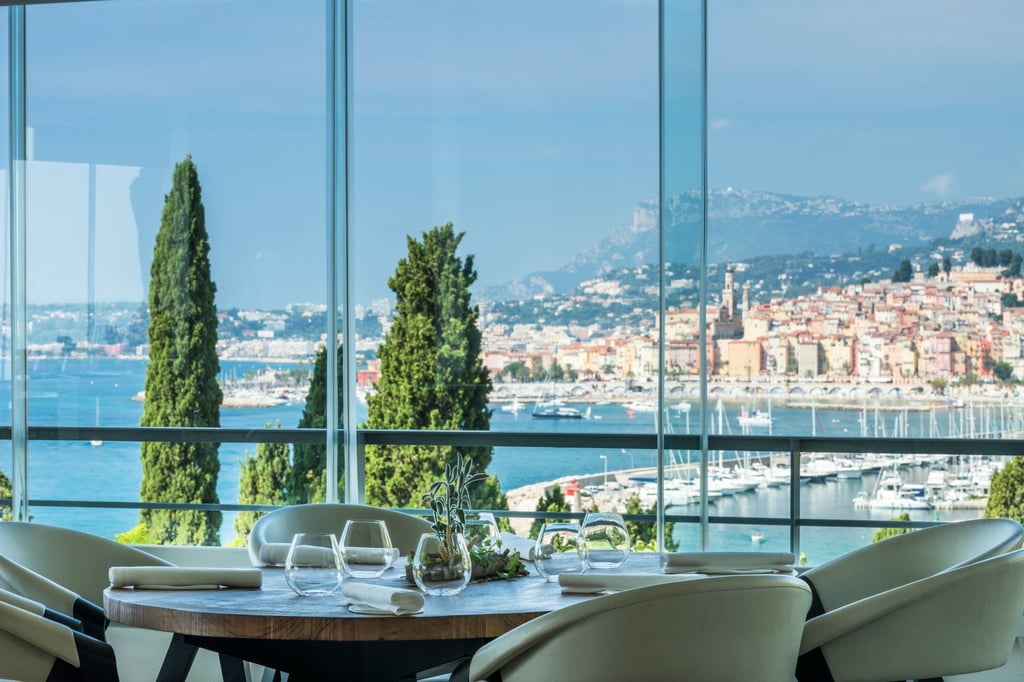Profile | Why, for Argentine chef Mauro Colagreco of 3-Michelin-star Mirazur, using local seasonal produce at his new Hong Kong restaurant is ‘a must’
- For Plaisance, in Central, Mauro Colagreco sources from Hong Kong organic farms and markets, so he can serve the best local vegetables, herbs and seafood
- The chef behind lauded restaurants from London to Tokyo talks about his mission to educate and why being a chef is about more than just ‘making a good dish’

“Chefs must respect the power they have – feeding someone is giving them the opportunity to live another day,” says Argentine-Italian Mauro Colagreco, the chef behind Plaisance, one of Hong Kong’s hottest new openings. “And life is so short,” he adds.
Colagreco has a knack for getting straight to the heart of things; he runs the three-Michelin-star Mirazur on the French Riviera, which was voted World’s Best Restaurant in 2019 by 50 Best Restaurants, along with other venues around the world in places including London, Tokyo, Beijing, Bangkok, Singapore and Argentina.
But he has never lost sight of the big picture. It is, in fact, what drives him.
“Being a chef is not about making a good dish, it’s much more than that,” he says, in his gentle and considered manner.

“I’m part of probably the last generation that learned to cook with our grandmothers and mothers at home. We learned not only the recipe, but also about seasonality, history and medicine.
“Now people cook far less at home, and the transmission between generations is lost. Chefs have visibility, we have a voice, so we need to take up the role of educating guests about food, seasonality and nature.”
